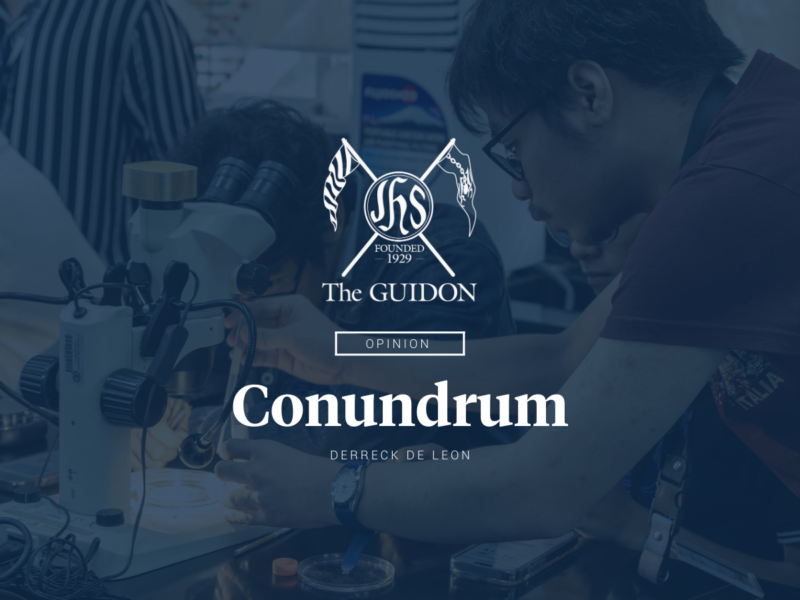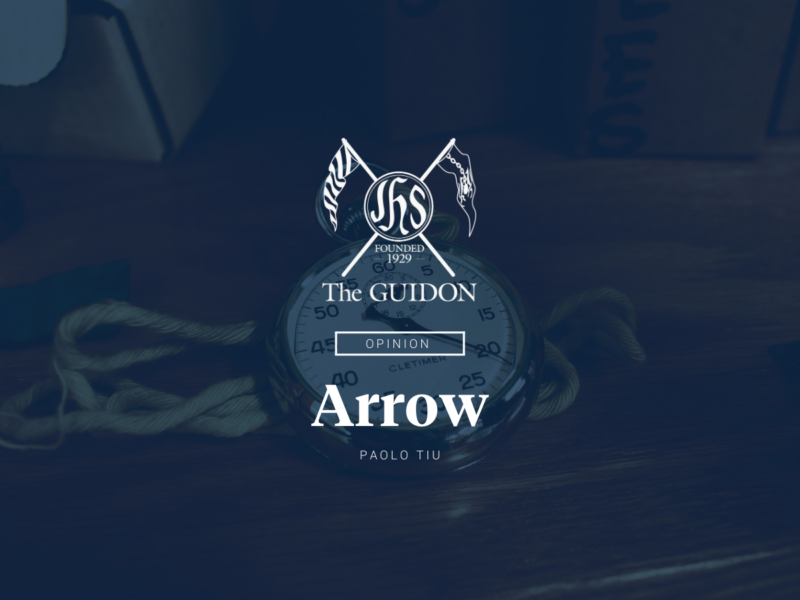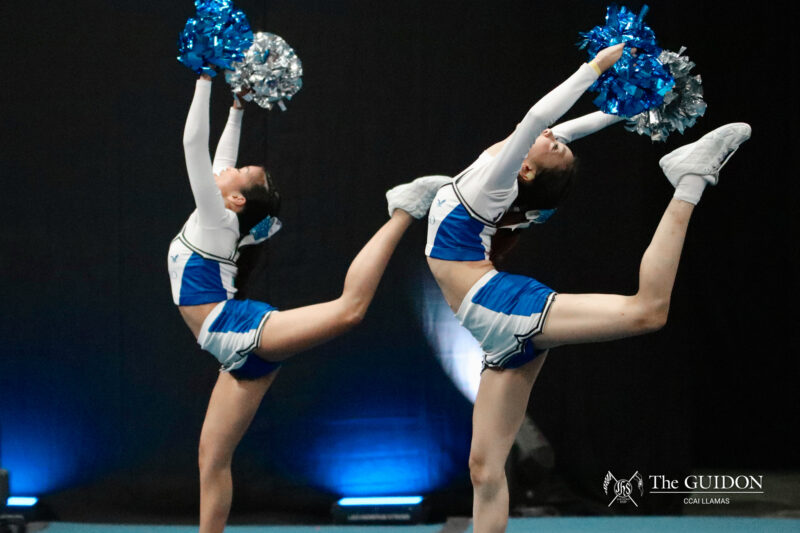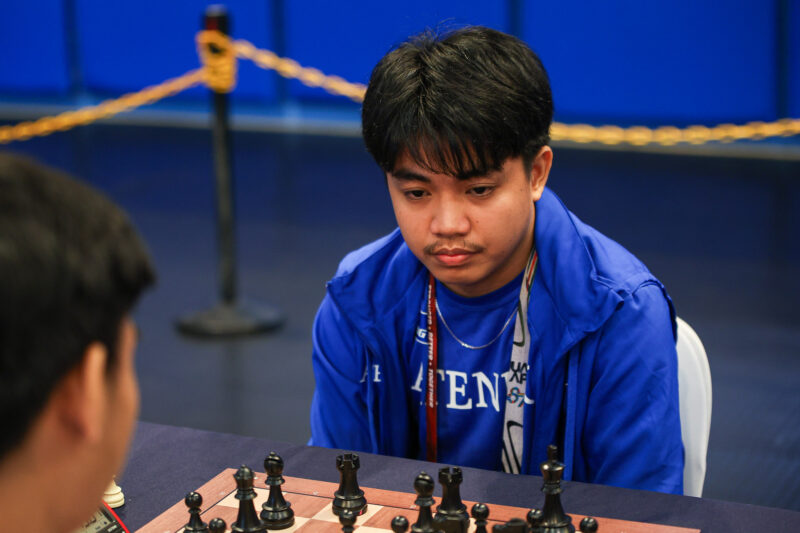AS MORE Filipino athletes dominate the international sports scene, issues of mistreatment and the lack of support from the athletes’ respective associations are continuously being uncovered. Recently, the spotlight was placed on pole vaulter Ernest John Obiena and the Philippine Athletics Track and Field Association (PATAFA) following the highly publicized conflict between the two parties. A report from the Philippine Daily Inquirer released in November 2021 detailed PATAFA’s claims that Obiena had submitted falsified liquidation documents and failed to pay his coach Vitaly Petrov his coaching fee of EUR 85,000.
Although still currently under investigation, the said controversy between a talented athlete and his athletic association has already exposed the underlying issues in the Philippine sports system.
Defending reputations
Following the release of the aforementioned report, Obiena denied the charges by saying that he had a signed document from Petrov himself proving that the coach had been paid what he was due even before the issue occurred.
However, PATAFA President Popoy Juico said that the allegations were prompted by Petrov’s complaint letter and a signed affidavit from World Athletics Vice President Sergey Bubka. In the said letter, Petrov complained about not having received payment for his services—a claim that Petrov himself refuted six days later in a press conference.
Despite the Philippine Sports Commission’s (PSC) efforts to reconcile the two parties, PATAFA’s separate investigative committee ultimately concluded it best that Obiena be terminated from the national team.
What went wrong
What turned PATAFA and the star athlete’s feud into an explosive mess were the several mishandlings of the controversy. In his press statement, Obiena expressed dismay over the lack of warnings and requests for clarifications before the allegations were brought forth.
Moreover, PATAFA failed to settle the issue internally by retaliating publicly against Obiena and posting details of the ongoing investigation online. Former Rappler multimedia sports reporter Beatrice Go also believed that the POC’s ruling of Juico as a persona non grata for publicly maligning Obiena only made matters worse.
“POC should not have declared Philip Juico a persona non grata. That just added more fuel to the fire,” Go declared.
“A lot of them were so much more focused on the problem than the solution. People should have just come up with solutions,” she added.
Bringing light to other issues
As Obiena and PATAFA’s rift rang the headlines, it brought attention to the friction that may arise between our sports governing bodies and our national athletes.
This friction between the two parties could be attributed to how athletes are always at the mercy of sports institutions, which can hurt their developing careers. National athletes like Obiena are perpetually subjected to the interests of their corresponding associations, and the reality is that they are not always provided the best treatment.
Social media posts of athletes seeking financial help have become a trend due to the absence of a safe space for them to express their concerns in their respective organizations. Olympic medalists Hidilyn Diaz and Eumir Marcial are but a few examples.
The reality is that a number of our national athletes experience financial difficulties due to insufficient funding from their organizations. If organizations are unable to cover their expenses or provide the necessary funds on time, athletes are obligated to find private sponsors or finance themselves. This forces athletes to front the money and standby for reimbursements that are slow to come. Fronting the money would require that athletes have the financial resources to begin with, and are subjected to a stressful cycle of looking for possible cash flows if they are short on finances.
Moreover, no matter how much they do receive, s Rather than consistently earning from their competitive stints, athletes are in constant need of financial support for their ongoing training and competitions.
A lack of financial support from sports governing bodies also sheds light on the poor governance of their leaders. As Juico released statement after statement against Obiena–throwing people under the bus for liquidation and delayed payments–he exemplified an organization leader motivated by politics instead of athletic support. PATAFA’s leader has shown that the organization is willing to discard a top athlete from the national team instead of resolving the issue internally, only to express its power over its athletes.
Conflicts between associations and their athletes could affect the amount of support athletes feel and their overall well-being. If athletes feel that they lack support from the other end, they lose trust in their very own organization that should cater to their needs in every step of their careers.
Evaluating the system
With the issues of financial constraints and poor governance, it is necessary to evaluate the system of Philippine sports and restructure the outdated arrangements. As much as the organizations would want to help, the government cannot shoulder all the needs of our athletes. Sports organizations therefore should avoid depending solely on the government and instead develop revenue-generating structures and partnerships with private corporations or other government entities. More sources of funding would allow athletes more access to higher-level training and competitions, which would develop more talent in the long run.
Alongside better sources of funding, proper governance from a competent leader is also a necessary starting point. “We’re always going to have new problems. We would always need to adjust to the needs of athletes. The athlete should be in a good relationship with a good leader,” Go said.
Stakeholders who plan to steward financial support, develop policies, or distribute grants for athletes should have genuine care for athletes. Leading non-profit organizations like sports governing bodies takes significant character as it requires full financial transparency. This was lacking when PATAFA released its email exchanges with Obiena while omitting Obiena’s explanation of his side.
Leaders of these organizations should also be better managers who are willing to listen to our athletes’ concerns and explain to them when to compromise expectations. Correspondingly, PATAFA must be held responsible for its own conduct against Obiena, which to this point has been highlighted by inflammatory remarks and divisive claims.
Regardless of the investigation results concerning Obiena, the disconnect between athletes and the organizations meant to represent them has become much too wide. With Philippine sports needing fresh solutions to its old problems, there exists an additional need to elect innovative leaders for these organizations.
Just like any other system in the Philippines, we cannot expect everything to change immediately for sports, but we need to take action as early as possible. The Philippine sports system will gradually improve if national sports associations prioritize our athletes’ needs above anything else.







